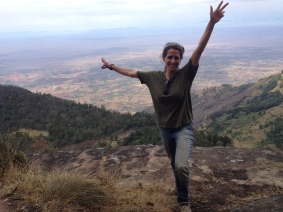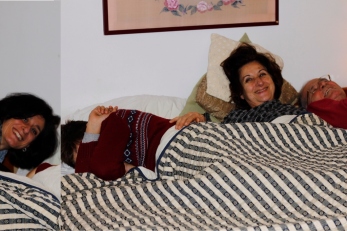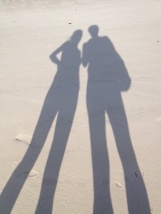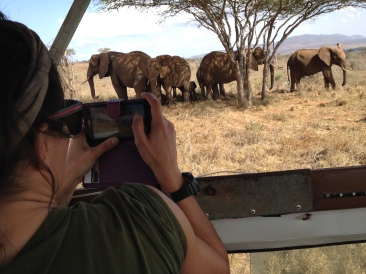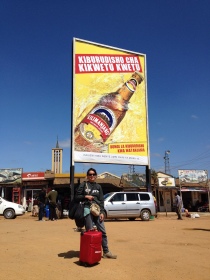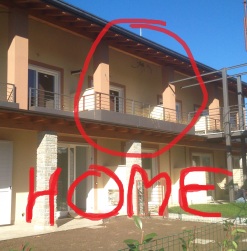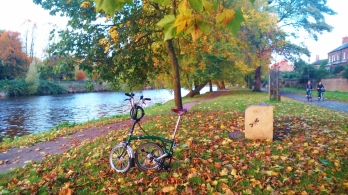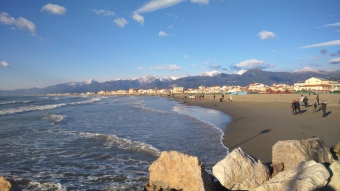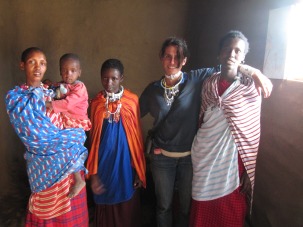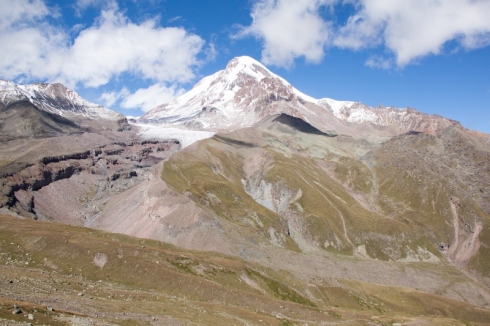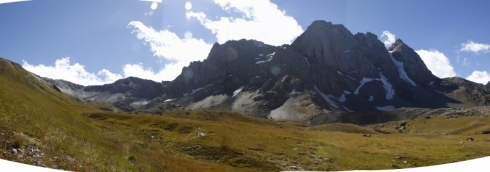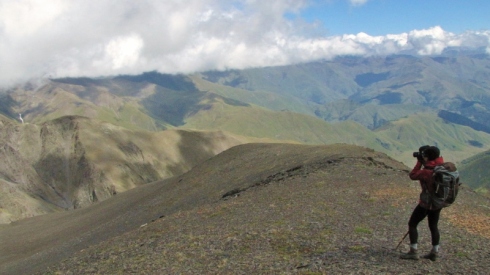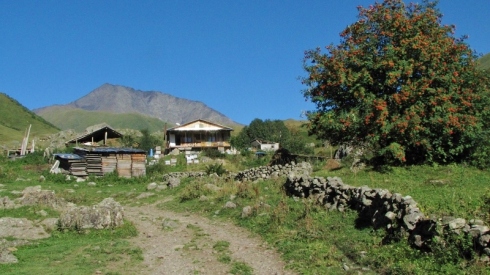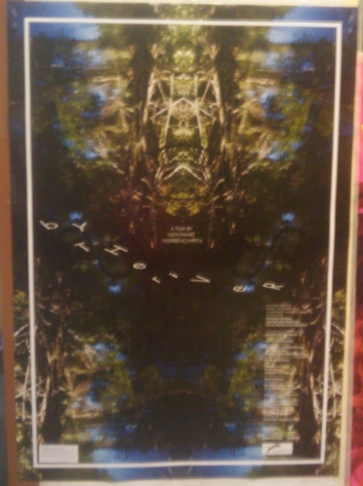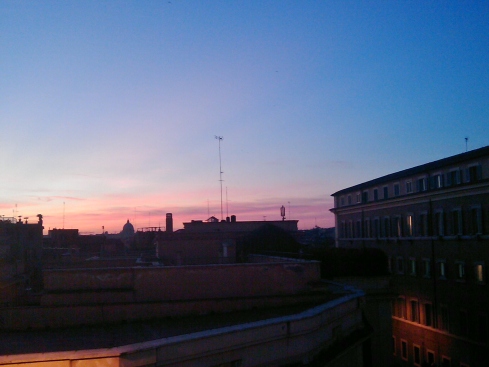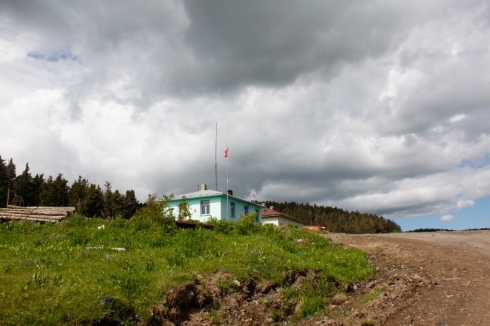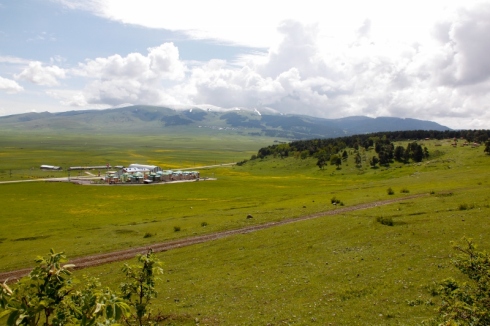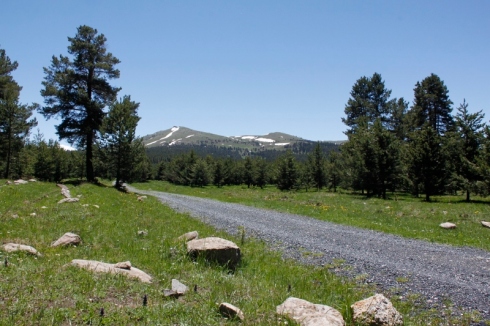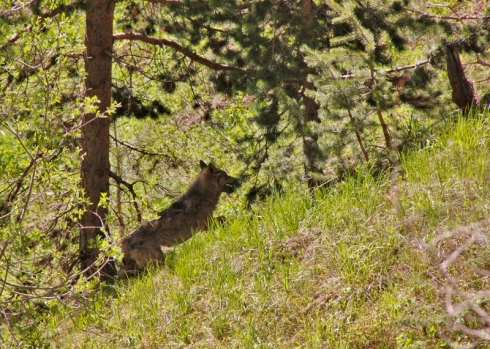Global warming and climate change doesn’t only mean “it’s gonna be hotter”. Increase of greenhouse gases emissions and global average temperature rise are producing and will produce several effects, including ice sheets loss, ocean and air circulation changes, extreme events such as floods, draught and snowfalls, which could be translated in less food security, less coffee in the morning, more people losing their houses and migrating, changes in diseases, changes in tourism attractivity, etc.. These may lead positive or negative consequences at local scale, but globally they are likely to create big troubles.
Mt Rosa and the near lakes are an example of big changes occurred on earth, the lakes basin being created by the glaciers hundreds thousands years ago. Changes have always happened on planet earth and always will. What put us at risk now is the rapidity of changes and our overall vulnerability, given we depend on very limited resources. Some people and some places are more vulnerable than others, but I think it’s clear to everybody that we don’t live in a vacuum and we’re all connected. We are at risk, not the planet. If hurricanes were god’s, then Trump wouldn’t dare saying “America first”. However, it can still be the second. As we have been using our capacity to modify the environment to the point of challenging our species survival, we can, and have to, use this capacity to reduce the risks and be prepared to them.
This is not just a matter of attending a march, but could involve a thorough mindset shift. Our society has mistaken wealth with possession and civilisation with productivity.
Economy is only the means of living, while ecology is the rationale of living. Someone could say that economy makes our life better. Yes and no. Is that true across the world population? Will it be across generations?
Climate change has become a big umbrella under which other challenges have gone in the background and are striving to get attention. But climate change is also under another big umbrella that many philosophers have addressed since long time. The rationale of life, the ethics of life. While this would take great effort and time to be tackled at planet level, yet we can’t miss this opportunity, and heal only the symptoms or proximate causes. (inspired by MtRosa view from a plane, I swear I’ll stop flying!!)


